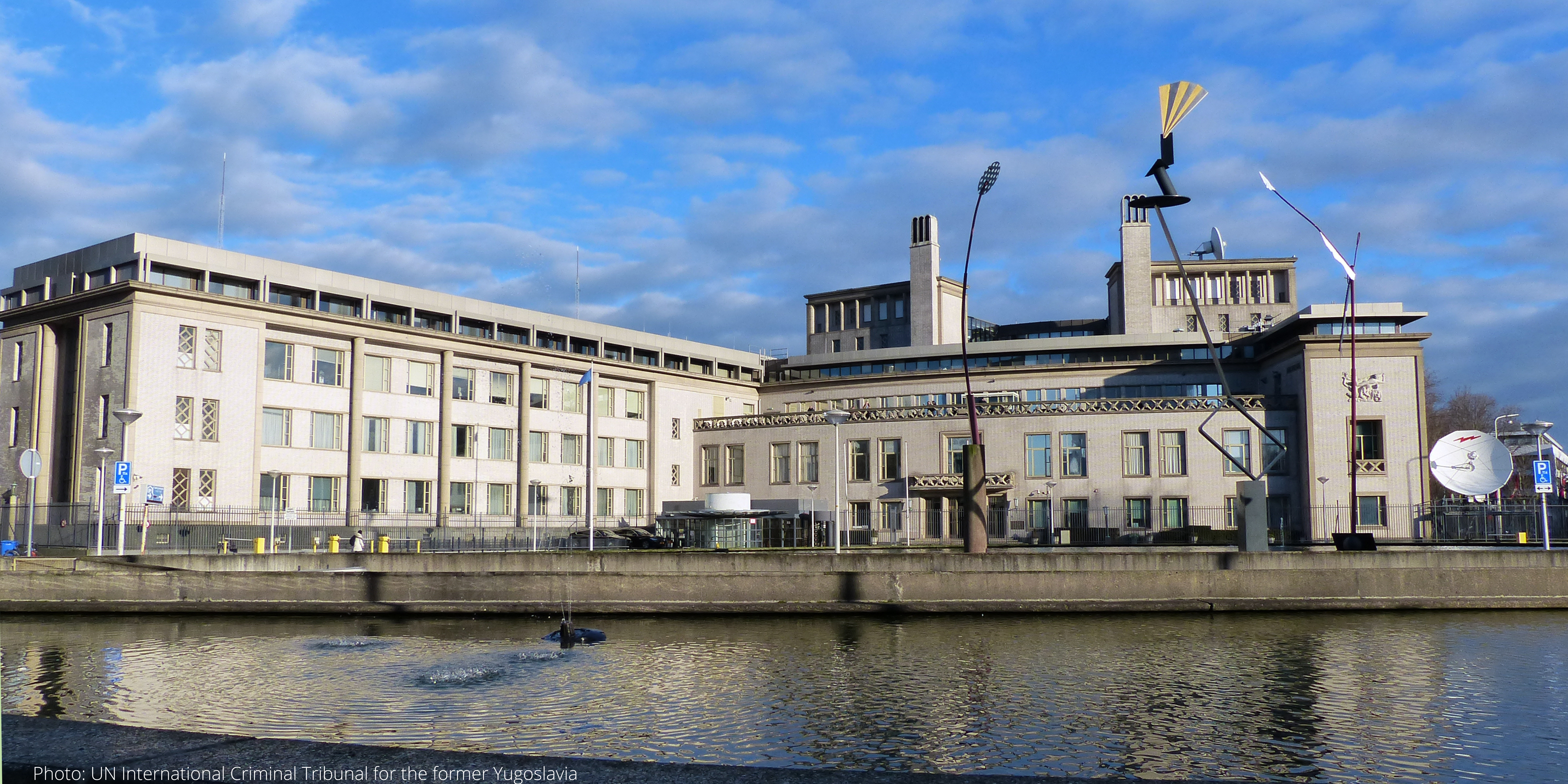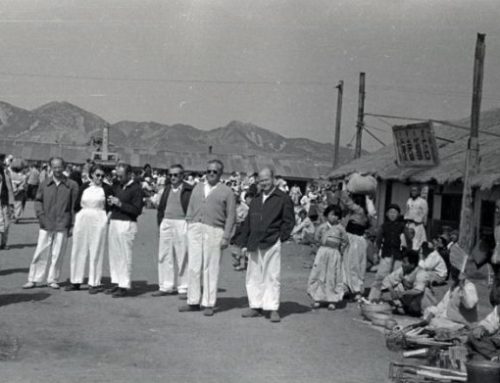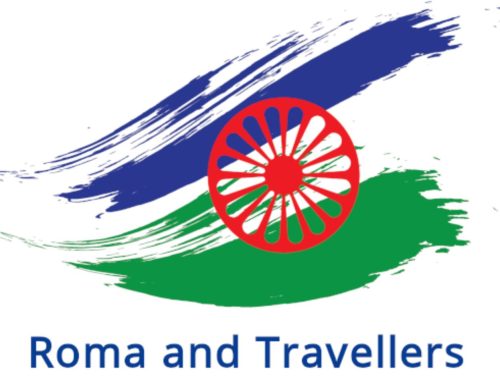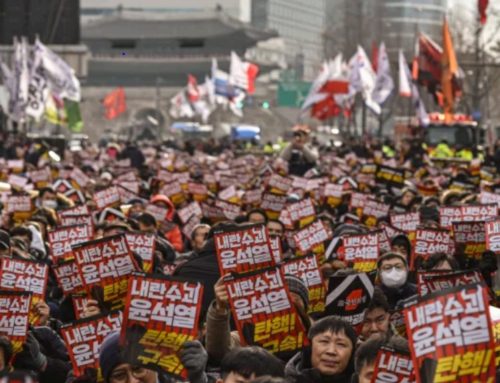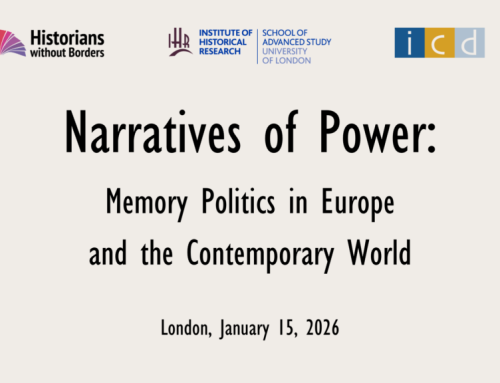On 19-22 September 2023, thirteen students from the International School of Prague alongside two of their teachers had the opportunity to dive into the multifaceted workshop “Seeking Justice: From Nuremberg to The Hague”. The workshop’s aim was to familiarise students with issues of international justice and concepts such as transitional justice, and draw a connection between the attempts to deliver justice at the aftermath of WWII, and the present day persecution of crimes against humanity at the International Criminal Court. This aim is ideally intertwined with the workshop’s location. In The Hague, the students visited judicial institutions such as the International Criminal Court, and saw the theories they learned about international justice being put into practice.
Here are some of the programme’s highlights:
- Memory walk in Rotterdam
The seminar’s first stop was Rotterdam, a city upon which the Second World War left an indelible mark. On May 14, 1940, within a 15-minute span, German bombings reduced Rotterdam to ruins, serving as a vivid reminder of breaches in international law. The memory walk in the city’s modern architecture, led by Carolyn McNanie, pointed to the hidden aspects of this devastation. Among them are the Stolpersteinen (stumbling blocks) placed on the city’s pavements, indicating the names of Jewish families and the places where they used to live before their deportation – and in many cases their extermination in concentration camps. Moreover, they traced the Brandgrens lights (The Blaze Boundary), delineating the extent of the fire that ensued after the bombings, and consumed the city’s centre. The students also visited the Jewish memorial at Rotterdam’s City Hall, inquired about the contrasting politics of memory behind its establishment, and discussed the role of monuments in serving some kind of justice and alleviating historical trauma.
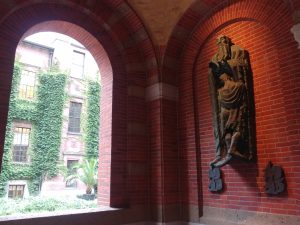
- Visit to the International Criminal Tribunal for the former Yugoslavia (ICTY)
The International Criminal Tribunal for the former Yugoslavia (ICTY) was established after a UN Security Council Resolution in 1993, aiming to serve justice for the crimes committed during the wars in the former Yugoslavia. The United Nations International Residual Mechanism for Criminal Tribunals (UN IRMCT) acts as a successor to the Court, tasked with maintaining the legacy of the ICTY and completing some of its essential functions. Throughout the Court’s 30-year function, it has welcomed numerous student visits in its facilities. However, this was the first time for a student workshop to be hosted within the UN IRMCT in The Hague. The students were excited to listen to the illuminating talk given by the court’s Spokesperson, Helena Egelston, about the Court and its legacy. They were also given a Courtroom tour by Mechanism Information Programme Researcher Nemanja Stjepanović. By addressing their questions about the Court’s procedures to the speakers, they gained a unique glimpse into its internal workings through the lenses of people who have worked on and experienced trials of historical importance within the ICTY.
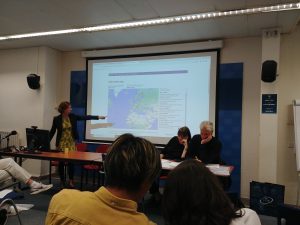
- Model United Nations: the case of Central African Republic
The students drew on their already broad knowledge of global politics and swift debating skills to perform a Model United Nations within the facilities of the UN IRMCT. The simulation of the Security Council sparked a vivid debate around the conflict in the Central African Republic and whether this case should be referred to the International Criminal Court (ICC). After successfully defending each country’s position, the delegates voted in favour of the resolution to address the case in the ICC. Undoubtedly, a most fitting preparation for the group’s visit to the ICC the next day.
- Visit at the International Criminal Court (ICC)
On the last day of the workshop, the students had the opportunity to visit the International Criminal Court in The Hague. Although the schedule of the visit included the attendance of Central African Republic’s hearing, the session was eventually closed for the public. Upon their own initiative the students requested from the ICC’s personnel to be given a tour of a courtroom, and had the privilege to listen to a thorough and engaging talk by a staff member of the Court. Lastly, the group attended a talk by the IRMCT outreach officer, Anisa Sućeska Vekić, hosted in EuroClio Secretariat’s office, and witnessed the testimony from Jackson Opio, who had experienced the war in Uganda as a youngster.
“Seeking Justice: From Nuremberg to the Hague” is a workshop addressed both to history and citizenship educators and their students. If you are interested in joining one of our next sessions, you can find out more on the November teacher workshop, here, and the February 2024 student workshop, here.
Photo Credits: UN International Criminal Tribunal for the former Yugoslavia, cc-by-2.0 through wikimedia (Cover image), EuroClio (in-text photos)

